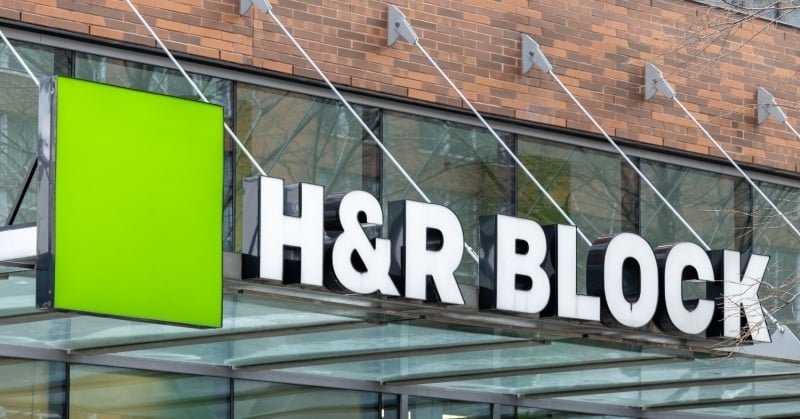The Federal Trade Commission (FTC) has finalized a $7 million settlement with H&R Block, requiring the tax preparation company to reform its advertising and service practices. And this action is the latest in a series of legal challenges against major tax service providers, including Intuit and Jackson Hewitt.
H&R Block settlement details
The FTC's complaint against H&R Block alleged that the company misled consumers by promoting "free" tax filing services that were inaccessible to many.
Additionally, the company-imposed obstacles for customers attempting to downgrade to less expensive products, including the deletion of previously entered tax data. Under the settlement, H&R Block is mandated to:
Monetary compensation: Pay $7 million to compensate affected consumers.
Facilitate easier downgrades: By February 15, 2025, allow consumers to downgrade products through automated means, such as chatbots, eliminating the need for direct customer service interaction.
Preserve consumer data: By the 2026 tax filing season, ensure that downgrading customers retain their previously entered information, allowing them to resume their tax filing process without loss of data.
Transparent advertising: Clearly disclose the eligibility criteria for "free" products, informing consumers whether they qualify for such services.
Intuit's TurboTax settlement
This settlement mirrors a similar case involving Intuit Inc., the maker of TurboTax.
In May 2022, Intuit agreed to a $141 million settlement following allegations that it deceived consumers into paying for tax services that should have been free. Approximately 4.4 million low-income Americans were affected, having been eligible for free, federally supported tax services but were instead charged by TurboTax due to misleading marketing practices.
Eligible consumers received restitution payments ranging from $29 to $85, distributed automatically without the need to file a claim.
Jackson Hewitt's no-poach agreement settlement
Another notable case involves Jackson Hewitt Inc., which agreed to a $10.8 million settlement in October 2024 over allegations of engaging in "no-poach" agreements.
The company was accused of conspiring with its franchisees to avoid hiring each other's employees, effectively suppressing wages and limiting job mobility for tax preparers. The settlement benefits approximately 30,000 current and former tax preparers who worked at company-owned Jackson Hewitt locations between December 20, 2014, and July 3, 2024.
Industry-wide implications
These legal actions highlight a broader pattern of scrutiny within the tax preparation industry.
Regulatory bodies are increasingly vigilant against deceptive advertising, unfair service practices and anti-competitive behaviors. Companies like H&R Block, Intuit and Jackson Hewitt are being held accountable to ensure transparency and fairness for both consumers and employees.
Consumer impact
For taxpayers, these settlements promise more straightforward and honest interactions with tax service providers. Enhanced transparency in advertising and the elimination of obstructive service practices aim to empower consumers to make informed decisions regarding their tax preparation options.
Ethics at the forefront
The FTC's settlement with H&R Block underscores a continuing effort to enforce ethical standards in the tax preparation industry. Coupled with similar actions against Intuit and Jackson Hewitt, it signals a clear mandate for companies to prioritize consumer rights and fair market practices.
.png?width=150&height=63&name=TWRlogo-regmark_blueblack%20(1).png)
.png)










Do you have questions about this article? Email us and let us know > info@woodard.com
Comments: